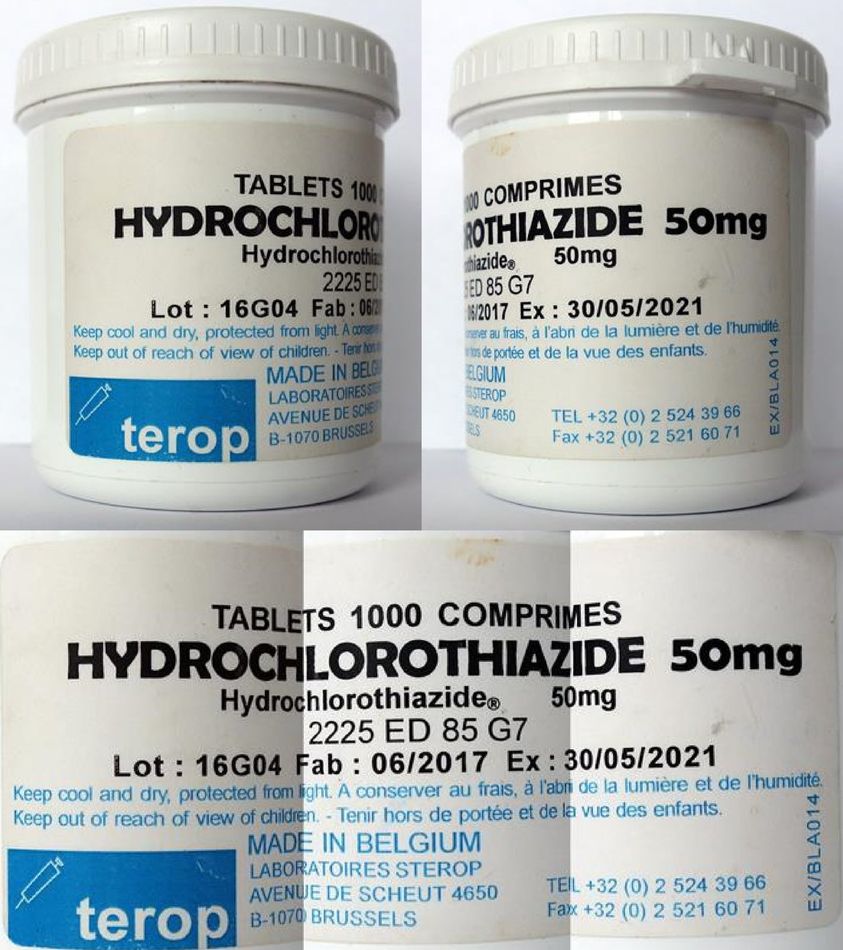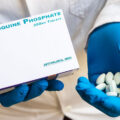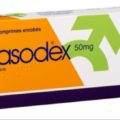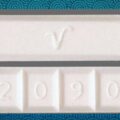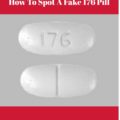Hydrochlorothiazide belongs to a class of drugs known as diuretics/”water pills.” It works by causing you to make more urine. This helps your body get rid of extra salt and water. This medication also reduces extra fluid in the body (edema) caused by conditions such as heart failure, liver disease, or kidney disease. This can lessen symptoms such as shortness of breath or swelling in your ankles or feet. Hydrochlorothiazide is used to treat high blood pressure. It’s also used to treat swelling that’s caused by heart failure, liver damage (cirrhosis), and taking medications called corticosteroids or estrogens. This drug may be used alone or in combination with other drugs.
Fake Hydrochlorothiazide Tablets In Circulation
When health care personal in a state run hospital in north western Cameroon observed hypoglycemia in patients having taken hydrochlorothiazide tablets, the blood pressure tablets were examined more closely and recognized as counterfeit. Two different local drug supplying organizations in Cameroon investigated the tablets with their GPHF-Minilab (www.GPHF.org) and found a) the absence of hydrochlorothiazide and, more surprising, b) the presence of glibenclamide at the usual therapeutic dosage level.
- Visual inspection
Visual inspection as stated by the World Health Organization (WHO) (1999) still remains the first step in identifying potential fake drug irrespective of the analytical methods used. This is because such observation serves as a lead to identifying fake products even in the absence of the knowledge of the physical characteristics of a genuine drug product. You are expected to examine carefully both the package and its content before purchase or use.
- Visual inspection of the Package
You should
- Examine the package and check if it appears suspicious or different from what you previously know.
- Check if the security seal has been tampered with by looking for breaks or tears in the sealing tape and seals.
- Look for unusual fonts, font sizes, print color, and spelling errors.
- Check the legibility of the information on both the primary and secondary packages.
- Check if the batch number, expiry date and manufacturer’s address on the secondary package are the same with that on the primary package.
- Check if the manufacturer’s address is traceable, that is, if it contains the exact location of the company and not just the country address.
- Check if the registration number (NAFDAC number as the case is for products marketed or sold in Nigeria) is properly printed or if it appears to be tampered with.
- Visual inspection of the Dosage form
At this stage, you are meant to:
- Check for differences in the physical appearance (color uniformity, size, shape, consistency etc.) of the drug. As stated by WHO, commonly encountered physical defects that should be looked out for in tablets include:
- Excessive powder and/or pieces of tablets at the bottom of the container (from abraded, crushed or broken tablets);
- Cracks or chips in the tablets, swelling, mottling, discoloration, fusion of tablets;
- Appearance of crystal on the walls of the container or on the tablet.
- Hardening or softening, cracking, swelling, mottling or discoloration of capsule shell should also be looked out for.
- Also check the organoleptic properties of the dosage form if you have been using the medication.
- Mobile Authentication Service using Short Message Service (SMS)
Mobile Authentication Service (MAS) is one of the cutting edge technologies used to curb the menace of fake drugs. It is a technology that has put the power of identifying fake drug products in the hands of many cell phone users.
MAS involves the packaging of drugs with scratch card placed on the package from the point of manufacture. When scratched, the revealed codes could be sent free of charge to 38353 (Sproxil), 38351 (Pharmasecure), 20966 (UBQ), 1393 (Goldkeys) etc., depending on the service the manufacturer chose. Shortly after, the sender receives a reply confirming whether the drug is genuine or fake.
- Source
The source of the drug also determines if you are buying a fake drug or not. Filling your prescription in a reputable pharmacy greatly reduces your chances of buying fake drugs while buying from illiterate and unqualified vendors who hawk drugs in buses, motor parks and in the streets increases your chances of buying fake drugs.
- Price
This is another way of identifying fake product. If the price is far cheaper than what is expected, then you have to think twice. However, this may not always be true especially for some products (fake innovator/generic brands) which may be sold at the same price as the genuine one.
- Unexpected side effect
Counterfeit drugs most of the time contains inert substances other than the appropriate Active Pharmaceutical Ingredient (API). They may also contain incorrect substances, improper dosage or hazardous substances which do no elicit therapeutic effect.
Unusual side effects, allergic reactions, or a worsening of medical condition after taking a medication may be a pointer to identifying a fake drug. The medication should be stopped once any of the above is noticed.
Genuine Hydrochlorothiazide side effects
Hydrochlorothiazide can cause mild or serious side effects. The following list contains some of the key side effects that may occur while taking hydrochlorothiazide. This list does not include all possible side effects.
For more information on the possible side effects of hydrochlorothiazide, or tips on how to deal with a troubling side effect, talk with your doctor or pharmacist.
More common side effects
The more common side effects that can occur with hydrochlorothiazide include:
- blood pressure that’s lower than normal (especially when standing up after sitting or lying down)
- dizziness
- headache
- weakness
- erectile dysfunction (trouble getting or keeping an erection)
- tingling in your hands, legs, and feet
These effects may go away within a few days or a couple of weeks. If they’re more severe or don’t go away, talk to your doctor or pharmacist.
Serious side effects
Call your doctor right away if you have serious side effects. Call 911 if your symptoms feel life-threatening or if you think you’re having a medical emergency. Serious side effects and their symptoms can include the following:
severe skin reactions such as Stevens-Johnson syndrome and exfoliative dermatitis, with symptoms such as:
- painful skin rash
- skin peeling and blisters
- fever
- mouth sores
kidney failure, with symptoms such as:
- weakness
- shortness of breath
- tiredness
- confusion
- abnormal heart rate or chest pain
- producing less urine than normal
- increased swelling in your legs, ankles, or feet
blurred vision, with symptoms such as:
- eye pain
- trouble seeing
SEE: How To Take A Blood Pressure Reading Manually and Digitally


